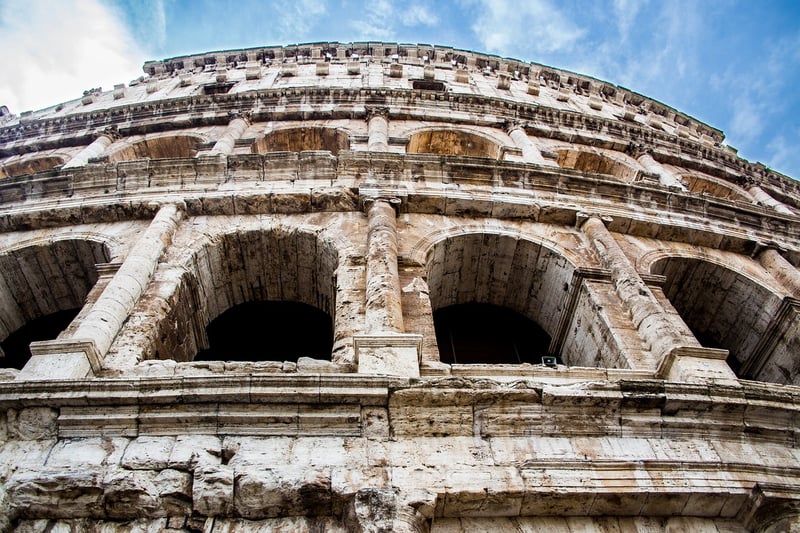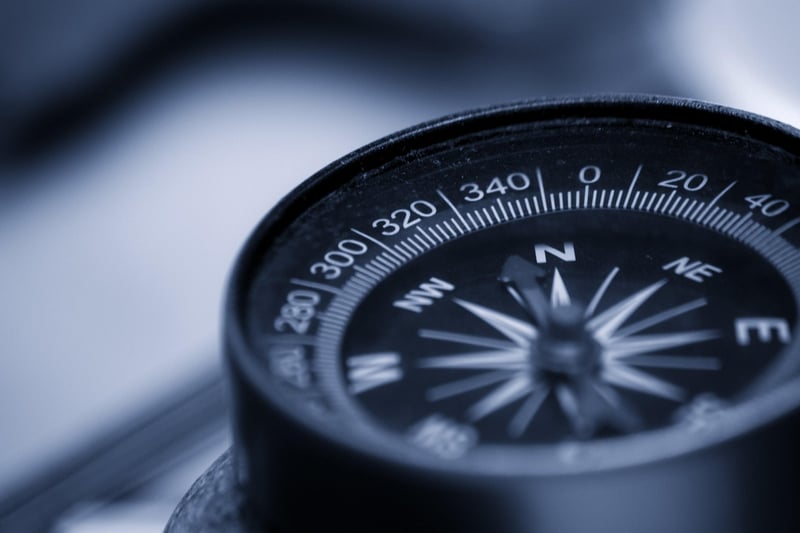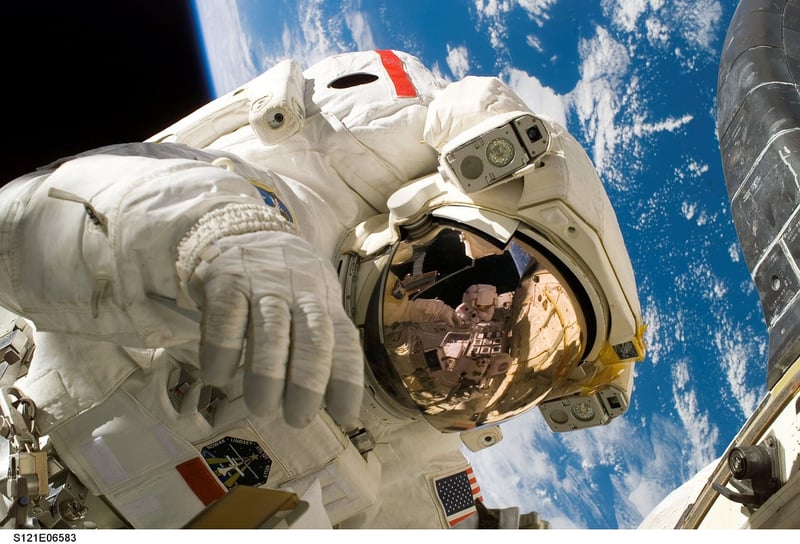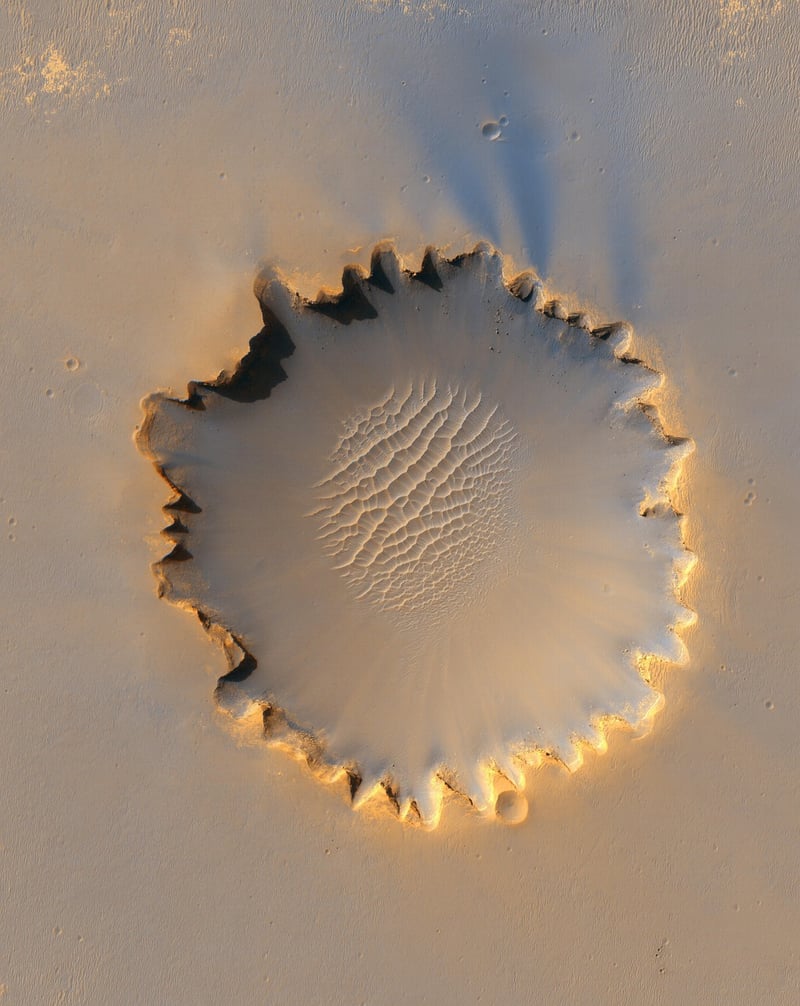Future Exploration
The Evolution of Exploration Through Different Eras
Exploration has been a fundamental aspect of human history, driving us to discover new lands, cultures, and ideas. Throughout various eras, explorers have pushed the boundaries of what was known, expanding our understanding of the world. Let's journey through different epochs of exploration and look ahead to future possibilities.
Ancient Exploration
Ancient civilizations such as the Phoenicians, Greeks, and Romans were early pioneers of exploration. They sailed the seas, established trade routes, and connected distant lands. The voyages of figures like Pytheas and Marco Polo opened up new frontiers and sparked a thirst for discovery.

Age of Discovery
The Age of Discovery in the 15th to 17th centuries saw European explorers like Christopher Columbus, Vasco da Gama, and Ferdinand Magellan embark on ambitious journeys to find new trade routes and lands. Their expeditions reshaped global trade and led to the Columbian Exchange, transforming societies and economies.

Modern Exploration
In the modern era, exploration expanded beyond Earth as astronauts ventured into space. The Space Race between the USA and USSR marked significant milestones like the moon landing in 1969. Space exploration continues to captivate us as we strive to reach further into the cosmos.

Future Exploration
Looking ahead, the future of exploration holds exciting possibilities. Advancements in technology like AI, robotics, and virtual reality are shaping how we explore new frontiers. From deep-sea exploration to Mars colonization, the next era of exploration is poised to redefine what we thought was possible.

Exploration has always been a driving force for progress and discovery. As we reflect on the journeys of the past and anticipate the adventures to come, one thing remains certain - the human spirit of exploration will continue to push the boundaries of knowledge and innovation.
